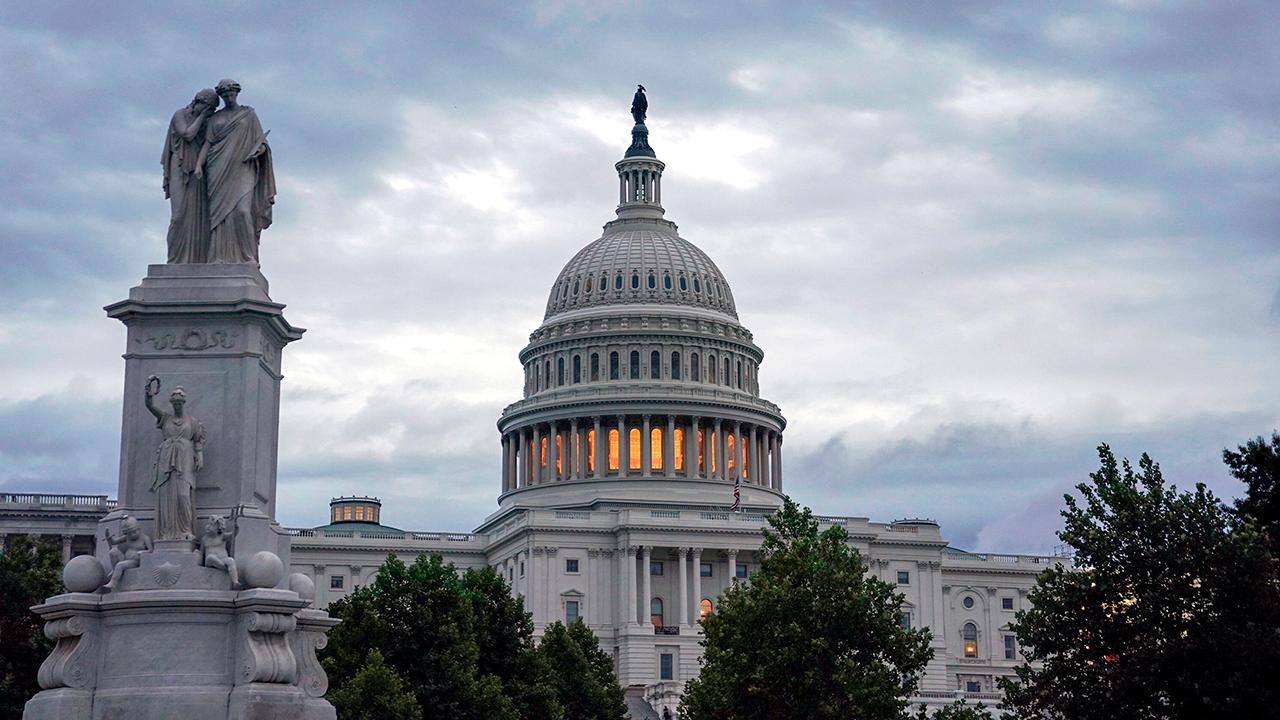How Democrats' Wall Street tax plans could hurt your retirement savings
As the 2020 primary season inches closer, Democratic presidential candidates have unveiled a slew of policy proposals — including plans funded by taxing both Wall Street and the wealthy — in hopes of setting themselves apart from the crowded field of competitors.
This past week alone, California Sen. Kamala Harris released a Medicare for All plan financed, in part, by taxing financial trading, levying a 0.2 percent tax on tax stock trades, 0.1 percent on bond trades and 0.0002 percent on derivative transactions. She claimed it would raise “well over $2 trillion” within 10 years.
Just a few days later, during the second Democratic debate, New York City Mayor Bill de Blasio vowed to “tax the hell out of the rich” with a slew of proposals, including a CEO pay ratio tax, a corporate profits tax and a big bank excess risk tax.
Both of those plans come on the heels of Sen. Bernie Sanders’s calls for a tax of 0.5 percent on stock trades, 0.1 percent on bonds and 0.005 percent on derivatives. (Essentially, the tax on a $1,000 stock trade would come out to $5.)
Although candidates contend a Wall Street tax would hit high-frequency traders — Sanders called his proposal a “speculation tax,” meaning it’s designed to discourage speculation within the market, not target the middle class — critics argue differently.
Some analysts, for instance, say that it’s impossible to tax Wall Street without also hurting the retirement savings of millions of Americans.
The Securities Industry and Financial Markets Association (SIFMA), an industry trade group, warned that financial transaction tax (which is how it describes a Wall Street tax) would cause a “cascade of taxation that will accumulate during the standard operations of a mutual fund portfolio, resulting in significant reductions in overall returns.” The author of the piece, SIFMA CEO Kenneth Bentsen, argues that an FTT is essentially a sales tax on investors, ultimately hurting savings.
“Not only would such a tax negatively impact all investors, it would also negatively impact the world’s most liquid equity market, to the further detriment of all investors,” he said. “And, history has proven time and again, such a tax never raises anywhere close to the revenue promised, while wreaking havoc for investors and markets.”
The average mutual fund investor will have to save an additional $600 per year — a 12 percent increase in savings — or work an additional two years to achieve her retirement goals. If the tax is more than 0.1 percent, that individual would have to save (or work) more. Investors in an active small-cap equity mutual fund would likely see returns shrink by an estimated 1.62 percent annually, according to SIFMA.
“The actual cost to investors is effectively much higher than the 0.1 percent rate of the proposed tax,” Bentsen said. “If an investor purchases an asset for $10,000 that produces a 5 percent annual rate of return and holds it for a year before selling, the pretax return is $500. If a 0.1 percent FTT is assessed upon sale, the tax bill is $10.50 (0.1 percent of $10,500). The 0.1 percent FTT actually represents more than 2 percent of the income generated.”
Plus, 401(k) plan participants could be subject to double taxation — and possibly face a penalty for shifting assets to an IRA.
“Imposing a de facto sales tax on the $28 trillion Americans have saved for retirement only compounds the problem of too little retirement savings in our country,” he argued.
CLICK HERE TO GET THE FOX BUSINESS APP




















